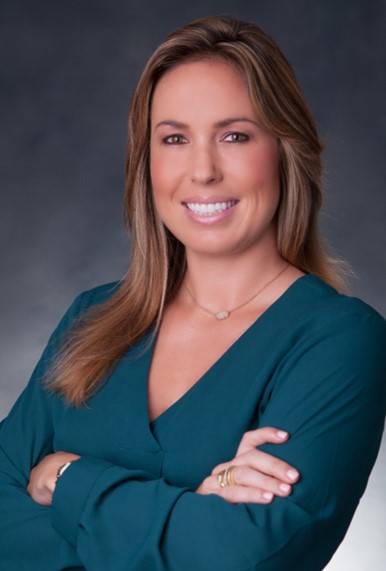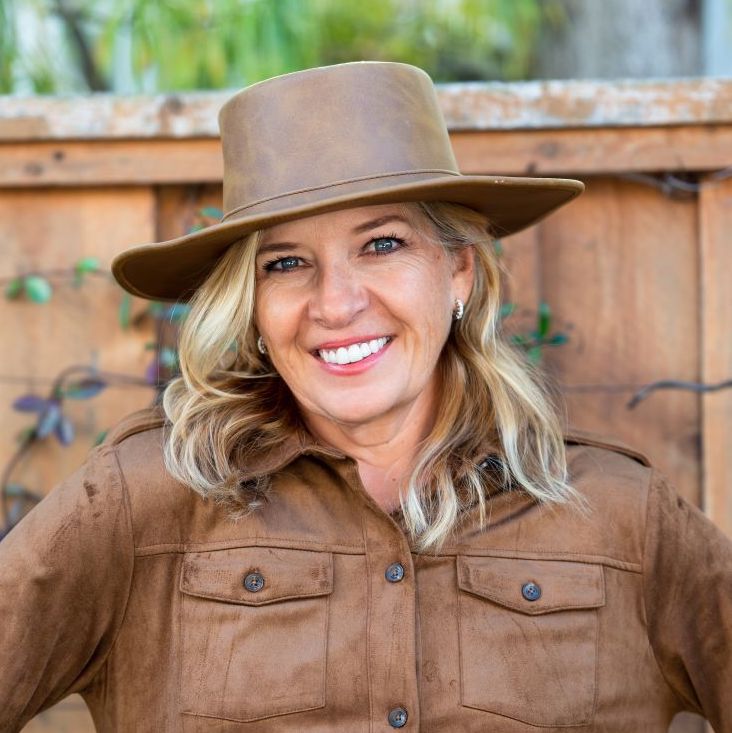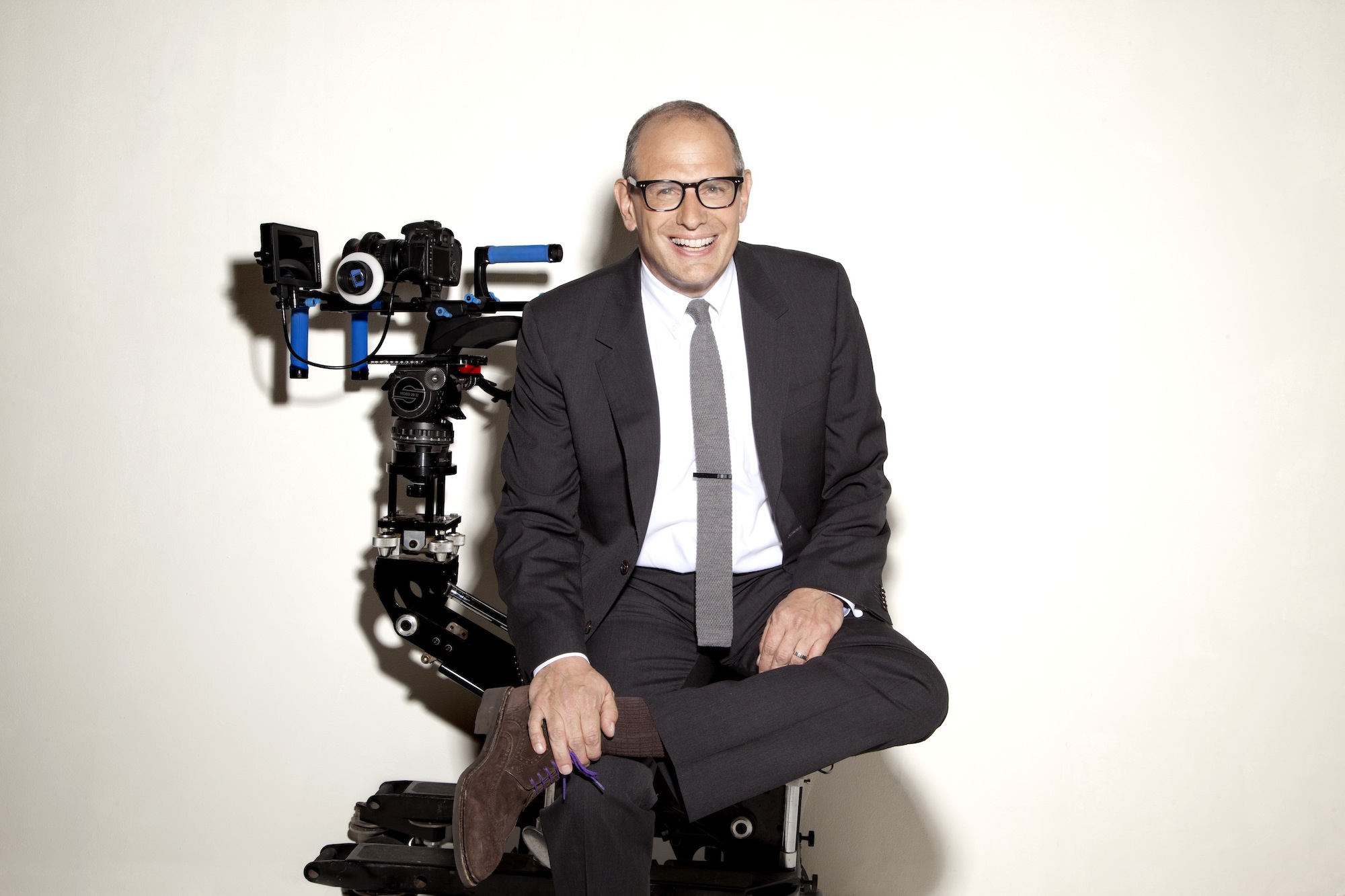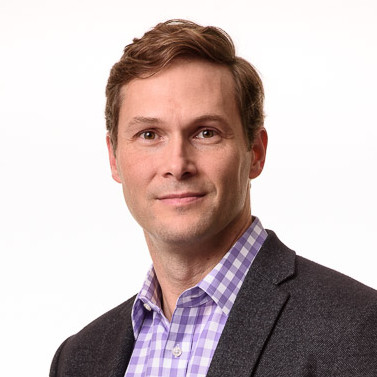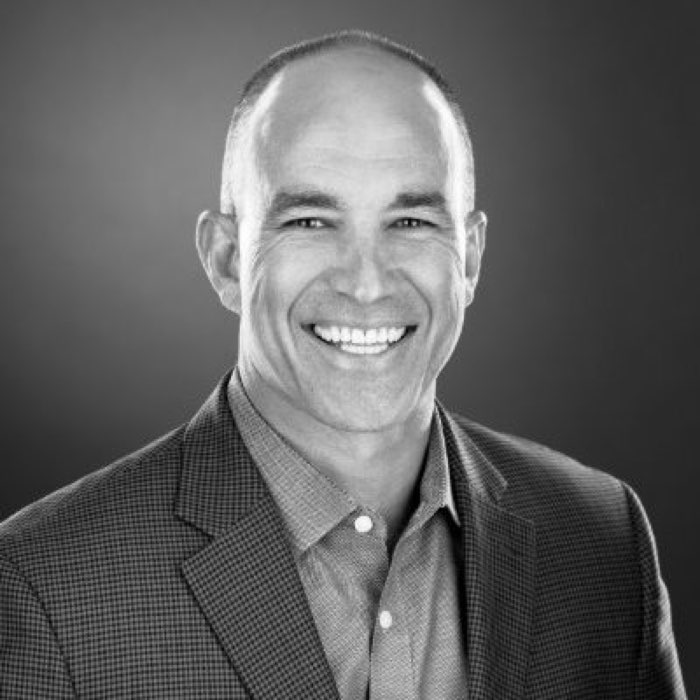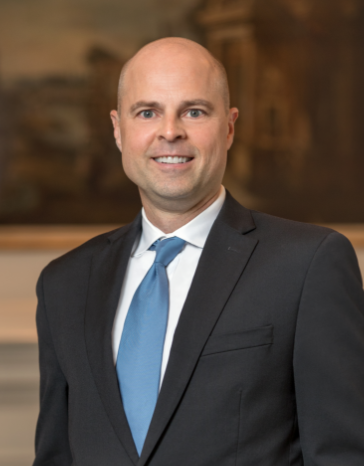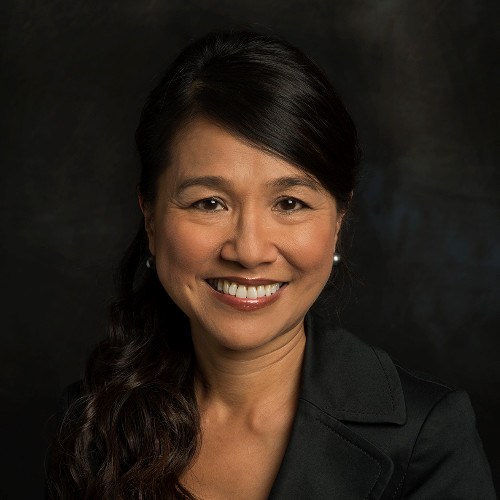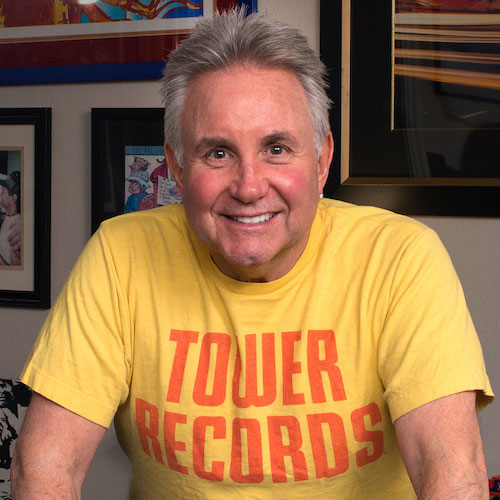Alli was fresh out of college and interning at Beacon Pointe Advisors when I met her. I’d already had about 15 years of marketing, product and strategy under my belt and was highly-impressed by Alli’s curious nature and willingness to take the bull by the horns and get stuff done without having been asked.
As I interview more C-Suite executives, there seems to be a pattern with many of them having been leaders on their high school or collegiate teams. Alli played volleyball at USC and was also a competitive horse rider. Her collaborative approach as she’s risen the ranks make her a go-to for her colleagues across the organization.

About Alli Warner
Allison (Alli) graduated from the Marshall School of Business at the University of Southern California where she was captain of the Division 1, Pac-12, USC women’s volleyball team. She also received a Masters in Communication Management from the Annenberg School of Communication and Journalism at USC. Alli joined Beacon Pointe Advisors in 2010 as an intern. From intern to Chief Marketing Officer, Alli designed and built Beacon Pointe’s strategic plan for the marketing and communications department. Her responsibilities include brand management, digital marketing and social media, office acquisition brand integration, website oversight, marketing material design, presentation and content development including articles, podcasts and video formats, and market research, among other areas of focus.
Alli is very passionate about financial education. She is a founding member of the Beacon Pointe Women’s Advisory Institute and recently co-authored Your Dollars, Our Sense: A Fun and Simple Guide to Money Matters, an international best-selling book that has been ranked #1 in six different business and finance categories. She also served as a past committee member for UC Irvine’s Center for Investment & Wealth Management Financial Literacy ‘LifeVest’ Summer Residential Program for four consecutive years.
Outside of the office, Alli volunteers her time working with her family’s non-profit organization that serves the military sector, The Patriots Initiative. She also enjoys being in the outdoors horseback riding, golfing, playing sand volleyball, traveling, and spending time with her family. Alli is married and lives with her husband in San Diego, California.

